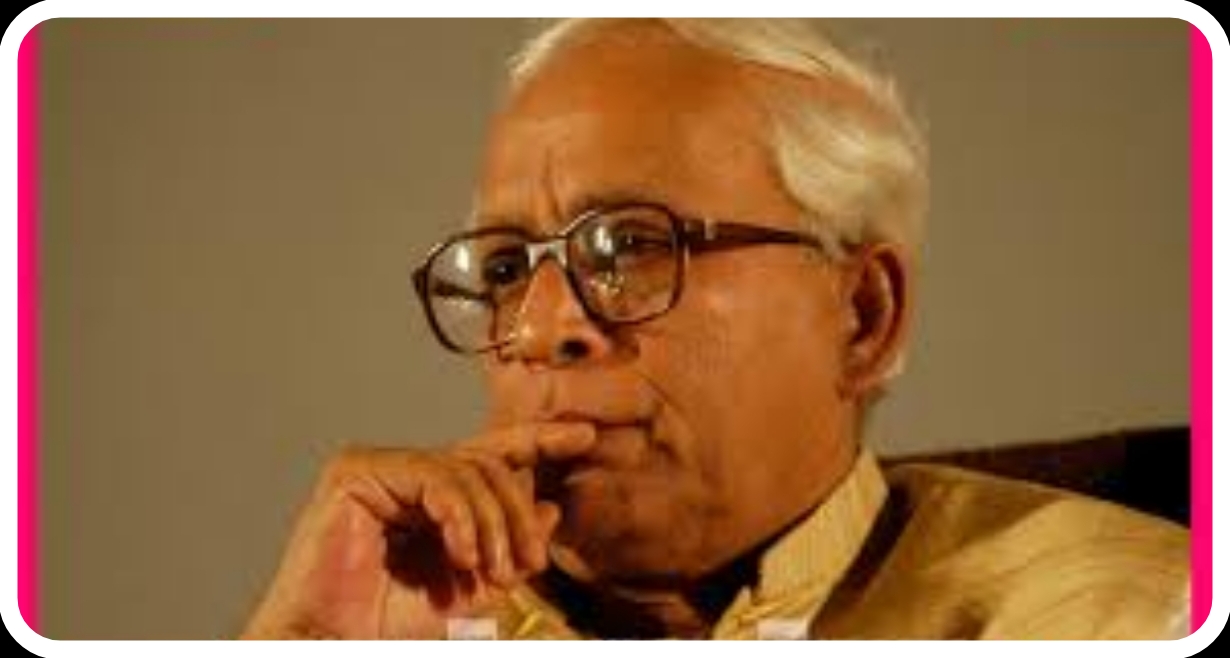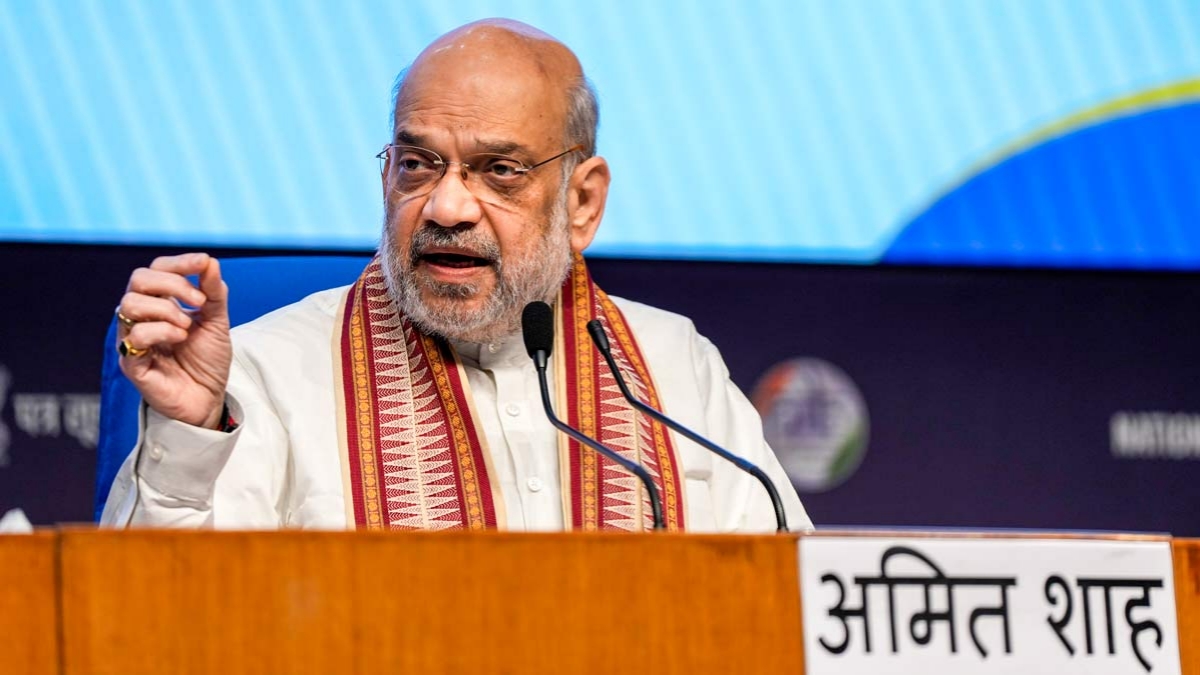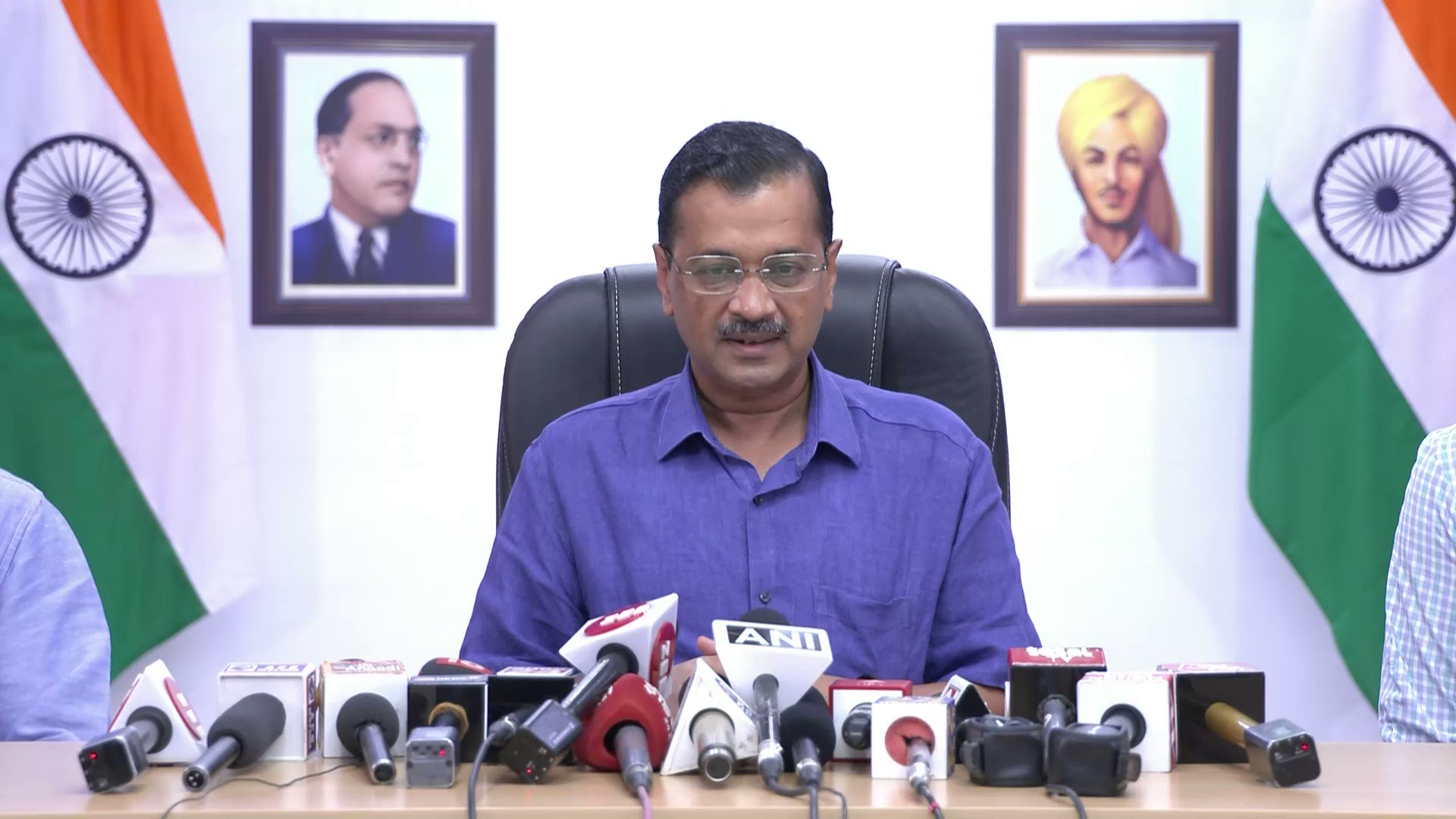Yahya Ibrahim Hassan Sinwar, commonly referred to as Yahya Sinwar, is a significant figure in the Palestinian political landscape, especially within the Gaza Strip. He is known for his leadership in Hamas, an Islamist militant group that has governed Gaza since 2007. As of August 2024, Sinwar has been the chairman of the Hamas Political Bureau, a role that places him at the forefront of both the political and military strategies of the organization.
Early Life and Education
Born in October 1962 in Khan Yunis, a city in the southern Gaza Strip, Yahya Sinwar’s early life was shaped by the turbulence of the Israeli-Palestinian conflict. Khan Yunis, like many areas in Gaza, has been a site of ongoing tensions, and Sinwar grew up witnessing the realities of occupation and conflict. His experiences in these formative years likely played a role in shaping his future involvement in Palestinian resistance movements.
Sinwar pursued higher education at the Islamic University of Gaza, where he further deepened his understanding of Islam and politics. The Islamic University is known for its strong ties to Hamas, and many of its alumni have gone on to play prominent roles in the organization. Sinwar’s education helped him build the ideological and tactical foundation that he would later bring to his leadership within Hamas.
Rise in Hamas
Hamas was established in 1987 during the First Intifada (Palestinian uprising) as an offshoot of the Muslim Brotherhood, with the aim of resisting Israeli occupation and establishing an Islamic state in historic Palestine. Yahya Sinwar became involved with Hamas early on, quickly rising through its ranks due to his commitment and tactical acumen. He co-founded the group’s internal security apparatus, known as al-Majd, which was responsible for hunting down collaborators with Israel. His involvement in these operations made him both feared and respected within Gaza.
In 1988, Sinwar was arrested by Israeli forces and sentenced to life imprisonment for his role in killing Palestinians accused of collaborating with Israel. He spent more than two decades in prison, where he became a prominent figure among Palestinian inmates, known for his strong leadership and unwavering belief in the cause of resistance.
Release and Political Ascendancy
Yahya Sinwar’s life took a dramatic turn in 2011 when he was released from Israeli prison as part of the Gilad Shalit prisoner exchange. Shalit, an Israeli soldier, had been captured by Hamas militants, and his release was negotiated in exchange for over 1,000 Palestinian prisoners. Sinwar’s release was a major event in Gaza, and his return was celebrated by Hamas as a victory.
Upon his release, Sinwar resumed his work with Hamas, quickly becoming one of the group’s most influential leaders. His time in prison had only solidified his hardline views, and he emerged as a staunch advocate of continued armed resistance against Israel. His influence grew steadily, and in February 2017, Sinwar was elected as the Hamas leader in the Gaza Strip, succeeding Ismail Haniyeh. In this role, Sinwar oversaw both the political and military activities of Hamas within Gaza, further consolidating his power.
Yahya Sinwar,Leadership in Gaza
As the leader of Hamas in Gaza, Yahya Sinwar has faced the daunting challenge of governing a territory under blockade and siege. Gaza has been under a blockade by Israel and Egypt since Hamas took control in 2007, severely limiting the movement of goods and people into and out of the territory. This has led to a humanitarian crisis in Gaza, with widespread poverty, unemployment, and limited access to basic necessities like electricity and clean water.
Despite these challenges, Sinwar has maintained a firm grip on power, balancing the needs of governance with Hamas’ ongoing military resistance against Israel. Under his leadership, Hamas has continued to develop its military capabilities, including its rocket arsenal, tunnels for smuggling and military operations, and its use of drones. These military advancements have led to several escalations in violence between Hamas and Israel, most notably during the May 2021 conflict, in which over 250 Palestinians and 13 Israelis were killed.
Sinwar has been a key figure in negotiating ceasefires with Israel during these escalations, but he remains committed to what Hamas sees as the ultimate goal: the liberation of Palestine through armed struggle. His hardline stance has earned him the loyalty of many within Gaza, but it has also made him a controversial figure on the international stage, where Hamas is designated as a terrorist organization by countries like the United States and Israel.
Chairman of the Hamas Political Bureau
In August 2024, Yahya Sinwar reached a new pinnacle of power when he was elected as the chairman of the Hamas Political Bureau. This position, previously held by Ismail Haniyeh, is the highest-ranking leadership role within Hamas, giving Sinwar control over the group’s political and military strategies, both in Gaza and abroad.
As the chairman, Sinwar’s role extends beyond Gaza to the broader Palestinian territories and the international efforts of Hamas. He oversees the organization’s interactions with foreign governments, regional powers, and international organizations. Under Sinwar’s leadership, Hamas has sought to strengthen its ties with countries like Iran and Qatar, which provide financial and military support to the group.
Sinwar’s leadership of Hamas comes at a time of increasing challenges for the group, including internal divisions, pressure from the international community, and the ongoing blockade of Gaza. However, his tenure as chairman is expected to continue Hamas’ commitment to armed resistance, even as the group navigates the complex dynamics of Palestinian politics.
Yahya Sinwar,Controversies and Challenges
Yahya Sinwar’s leadership has not been without controversy. His hardline stance on Israel has drawn criticism from some within the Palestinian community who advocate for a political solution to the conflict. Moreover, the humanitarian situation in Gaza, exacerbated by the Israeli-Egyptian blockade, has led to growing dissatisfaction among Gaza’s population. While Hamas remains popular among many Palestinians for its resistance to Israel, there are also increasing calls for improved governance and relief from the dire conditions in Gaza.
Sinwar has also faced challenges within Hamas itself. While he is seen as a unifying figure, there are factions within the organization that disagree with his approach, particularly regarding relations with other Palestinian political groups like Fatah. The ongoing division between Hamas and Fatah, which controls the West Bank, remains a significant obstacle to Palestinian unity and the broader struggle for statehood.
Conclusion Of Yahya Sinwar
Yahya Sinwar’s rise to power is emblematic of the broader dynamics of Palestinian politics, where armed resistance, governance, and international diplomacy intersect. As the leader of Hamas in Gaza and the chairman of its political bureau, Sinwar wields significant influence over the future of the Palestinian resistance movement. His hardline stance, shaped by decades of conflict, imprisonment, and leadership, ensures that he will remain a central figure in the ongoing Israeli-Palestinian conflict. However, the challenges of governance in Gaza and the broader geopolitical landscape will test Sinwar’s ability to maintain his grip on power and steer Hamas through turbulent times.



